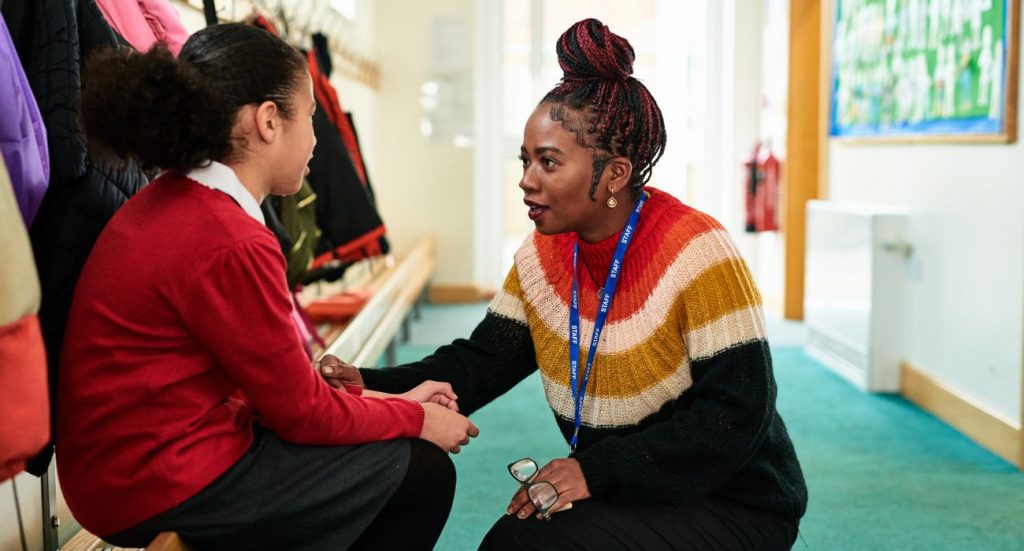Fort Worth officials are asking for additional mental health support for kids in Tarrant County.
Mayor Mattie Parker led a panel talk on April 12 during National Child Abuse and Prevention Month, reported KERA News.
The discussion was part of ACH Child and Family Services‘ annual Lend a Hand luncheon. Panel members included Wayne Carson, CEO of ACH, Susan Garnett, CEO of My Health My Resources of Tarrant County, and Christina Judge, executive director of Mental Health Connection of Tarrant County.
The panel discussion focused on the challenges facing the organizations in their shared work of helping abused and neglected youth.
Participants discussed the difficulties arising from Fort Worth's significant growth. According to U.S. Census Bureau data, the City of Fort Worth was the fastest-growing city in the state of Texas, with an increase of 19,170 people in 2022.
Garnett explained that the growth was “definitely a challenge for the Texas Legislature to grapple with” in terms of expanding service.
“We have seen a dramatic increase in the need for those kids,” Carson said, per KERA. “These are kiddos that need more than just a safe night’s rest. They need somebody who’s specifically trained to deal with trauma to help them feel safer.”
Texas has faced a shortage of mental health care professionals since the COVID-19 lockdowns exacerbated the staffing crunch. Texas Health and Human Services officials report that some 700 of the state’s 2,911 funded state psychiatric hospital beds cannot be used due to staff shortages, and state hospitals have lost over 1,400 employees since 2019, reported The Texas Tribune.
“[Mental health providers] are operating at full capacity,” Carson said, per KERA. “They’re having a hard time expanding services to meet the demand because of workforce challenges. They’re having a hard time finding qualified people who do the work and funding that pays for services is not keeping up with the costs.”
The panelists also discussed the need for planning and taxpayer spending to ensure adequate mental health services.
“[Mental health experts] need more professional training opportunities, and they need continuing education credits to keep their certifications up,” Judge said, per KERA. “We also need to provide professional support to our students looking for an internship program to see what kind of mental health work they want to go into.”
However, Garnett pointed out the challenges of trying to plan ahead.
“Investing now for a 20-year premier payoff is a really tough thing to ask the legislative body,” said Garnett, per KERA. “These are tough things to deal with.”
The panelists emphasized the importance of working together to help their clients.
“We have a firm philosophy that people don’t care what the name of the organization is; they care whether or not they’re getting the services that they need,” said Garnett, per KERA. “No one agency could ever do what needs to be done. It’s really about everybody doing the best they can.”



